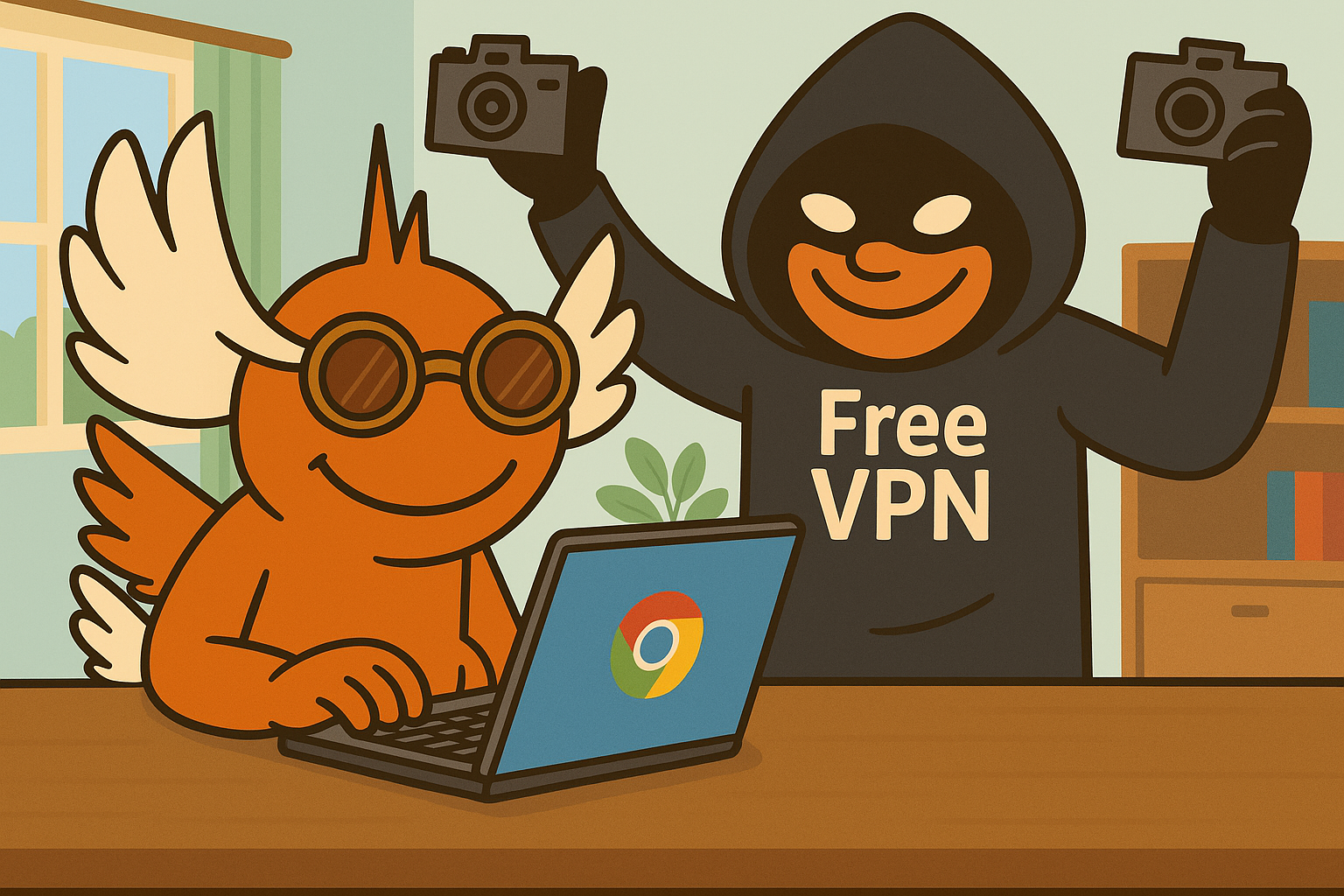cross-posted from: https://programming.dev/post/35967051
Most people turn to a VPN for one reason: privacy. And with its verified badge, featured placement, and 100k+ installs, FreeVPN.One looked like a safe choice. But once it’s in your browser, it’s not working to keep you safe, it’s continuously watching you.



Generally speaking, if you’re paying for a VPN, then you should be paying for a provider that is no log. Free VPNs, you get what you pay for, which is nothing. So you don’t really get any security with that.
I’ve watched this go down long enough in enough industries to know better than to believe their claim of not logging.
You’re being watched. Hell, your data’s probably being handed over to cops without your knowledge.
How do we know the “no log” VPNs don’t log our activity?
Also any recommendations? I can’t find one that says they don’t log and refuse to cooperate with 14eyes.
I’d say a police raid to the offices of Mullvad with the police returning empty handed is a pretty good guarantee
ProtonVPN is no log and so is Mullvad I think. Basically it’s mostly reputation, some also pay for outside audits of their systems so they can more effectively boast.
No log vpns probably do cooperate with authorities, but the fact that they are no log means they don’t provide anything. They get a warrant for logs and identification, they comply and send a letter “we have no logs, or way to trace the identity of a user”.
And character is like a tree and reputation is a shadow of it, and it takes a hell of a lot less to bring it down than to grow it up.
Best you got is recurring audits
Many VPN companies post audits, and build up reputations. Not that I’d recommend it specificlly (since I only use it for a lifetime subscription I bought in a sale), but FastestVPN advertises the former.
…I guess it depends what you’re doing, too. If you’re, like, a government whistleblower, you might want to look into Mullad layered with something else instead of a more traditional commercial provider.